课程简介
In this fascinating and varied five-year degree, you’ll learn two major world languages and deepen your understanding of the modern world by exploring the histories and cultures of the nations that speak them. You’ll spend one year in an Arabic-speaking country and another in a Russian-speaking country, improving your language skills and gaining first-hand experience of these cultures and societies to enrich your understanding of these amazing countries.We teach Arabic and Russian from beginners’ level, but if you already have some knowledge of either language we can also accommodate you. This programme also includes modules specifically designed for heritage speakers of Russian.You’ll become proficient in Arabic while building your understanding of the cultural, religious and historical contexts that have shaped the Middle East and North Africa. You will also learn about contemporary relevant issues of these regions, and explore themes such as cultural identity, sexuality, gender and race.With approximately 170 million native speakers and tens of millions who speak it as a second language, Russian is a lingua franca not only in the Russian Federation but also in many parts of Eastern Europe, Central Asia and diasporic communities worldwide. Our course will equip you with the linguistic and intercultural skills to navigate this rich and complex cultures with confidence. The School of Languages, Cultures and Societies at Leeds is an exciting place for your undergraduate experience. Our diverse international community of students and staff, student-led societies and outstanding pastoral support creates a friendly and dynamic atmosphere for all our students.To find out what it is like to study with us, visit the School of Languages, Cultures and Societies website.Facilities detailWith a variety of specialist facilities and four libraries on campus, you’ll find plenty of space for study, group work, and research.The School archive at Leeds holds Arabic manuscripts and as many as 10,000 archaeological artefacts ranging from Pharaonic to early Palestinian eras. It’s a fantastic research resource. The world-class Brotherton Library is home to a wide variety of manuscripts, archive and early printed material in its Special Collections – valuable assets for your independent research. These include rare copies of magazines and unpublished letters, with materials across the range of languages that we teach. It includes extensive collections relating to Middle Eastern, North African and Islamic studies. The University of Leeds is home to the world-leading Leeds Russian Archive, established in 1982 and comprising around 650 collections of manuscripts, photographs, and other archival material related to Anglo-Russian contacts in the 19th and 20th centuries. With reserves of texts by Russophone authors, ranging from Bunin to Lenin, the Archive offers countless opportunities for meaningful original research. Our main library resources are also excellent, and the University Library offers a comprehensive training programme to help you make the most of them. The Language Centre includes digital language labs, audiovideo practice booths and Computer Assisted Language Learning (CALL). The Language Zone offers excellent learning material in more than 50 languages, including online resources and advice. The Language Exchange and the Language Groups programme provide opportunities to practise with other learners and native speakers; you can also volunteer to help other learners and enhance your CV at the same time. In your language classes, you will benefit from using a number of state-of-the-art digital resources, including IntelliText: a program developed at Leeds that offers access to large collections of authentic texts in Russian (and other languages) which will help you produce more sophisticated and natural language in your writing and speaking.
展开







 预科
预科 奖学金
奖学金 实习机会
实习机会 在校学习
在校学习 跨境学习
跨境学习 校园授课-线上开始
校园授课-线上开始 在线/远程学习
在线/远程学习



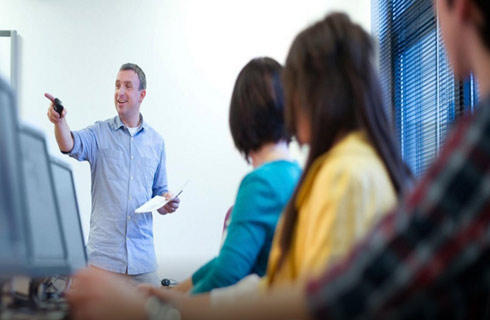

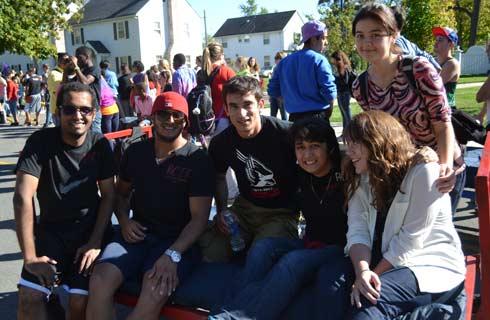

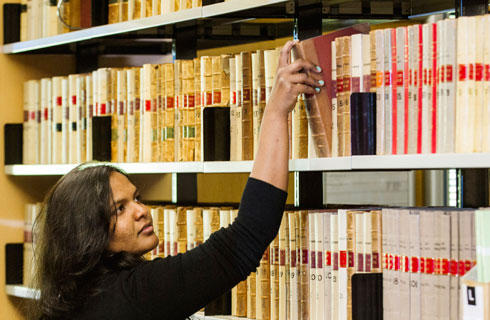



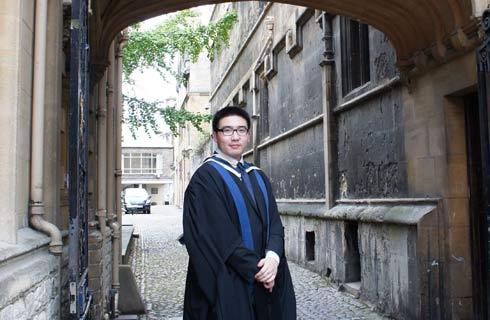


 马特·克里斯蒂学院
马特·克里斯蒂学院

 昆士兰大学
昆士兰大学
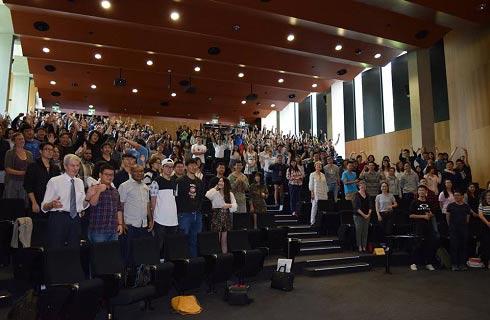
 昆士兰大学
昆士兰大学

 悉尼大学
悉尼大学
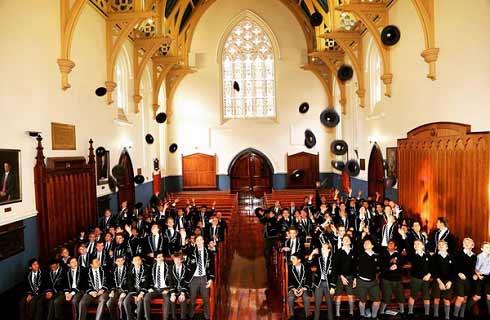
 悉尼大学
悉尼大学
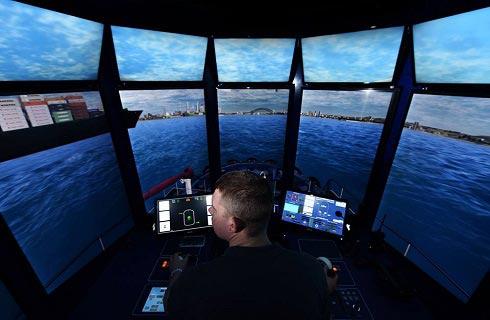
 悉尼大学
悉尼大学









 英国
英国